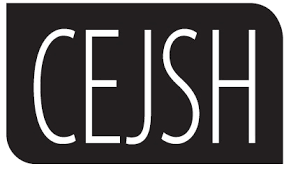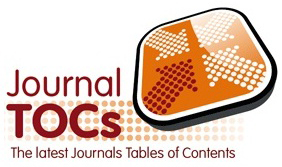Decision-making in International Monetary Fund: Implications for Sovereign Equality of States
Abstract
The International Monetary Fund (IMF) is one of the post-Second World War international organizations set up to promote good international economic cooperation among states. Unlike international organizations like the United Nations (UN) and the World Trade Organization (which succeeded the General Agreement on Tariff and Trade 1947), decision-making in the IMF is quite peculiar in that it is based on the joint stock company model where the value of shares determine the value of a member‘s vote. Thus the principle of sovereign equality of states that underpins the one-member-one-vote system in the UN and WTO is absent in the IMF. This paper discusses the various decisionmaking organs in the IMF and concludes with a discussion on the sovereignty implications of the use of IMF conditionalities in the giving of loans, especially to developing countries.





















